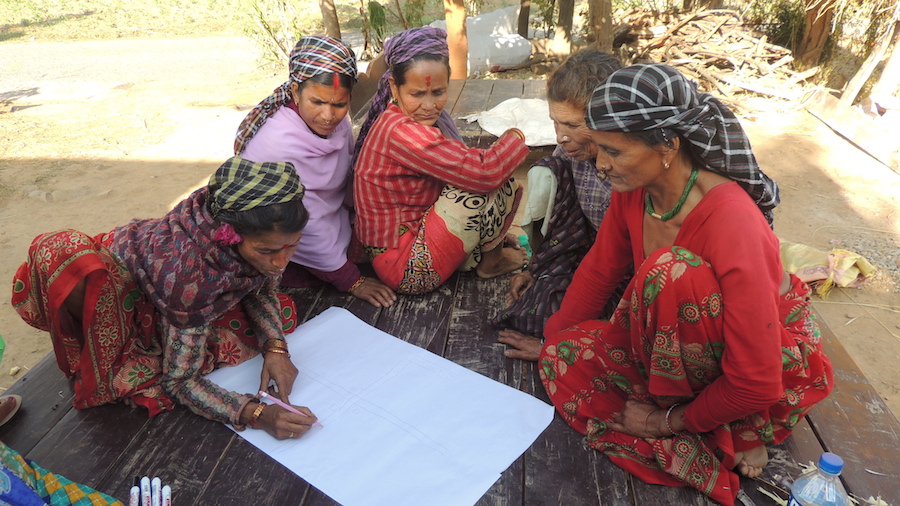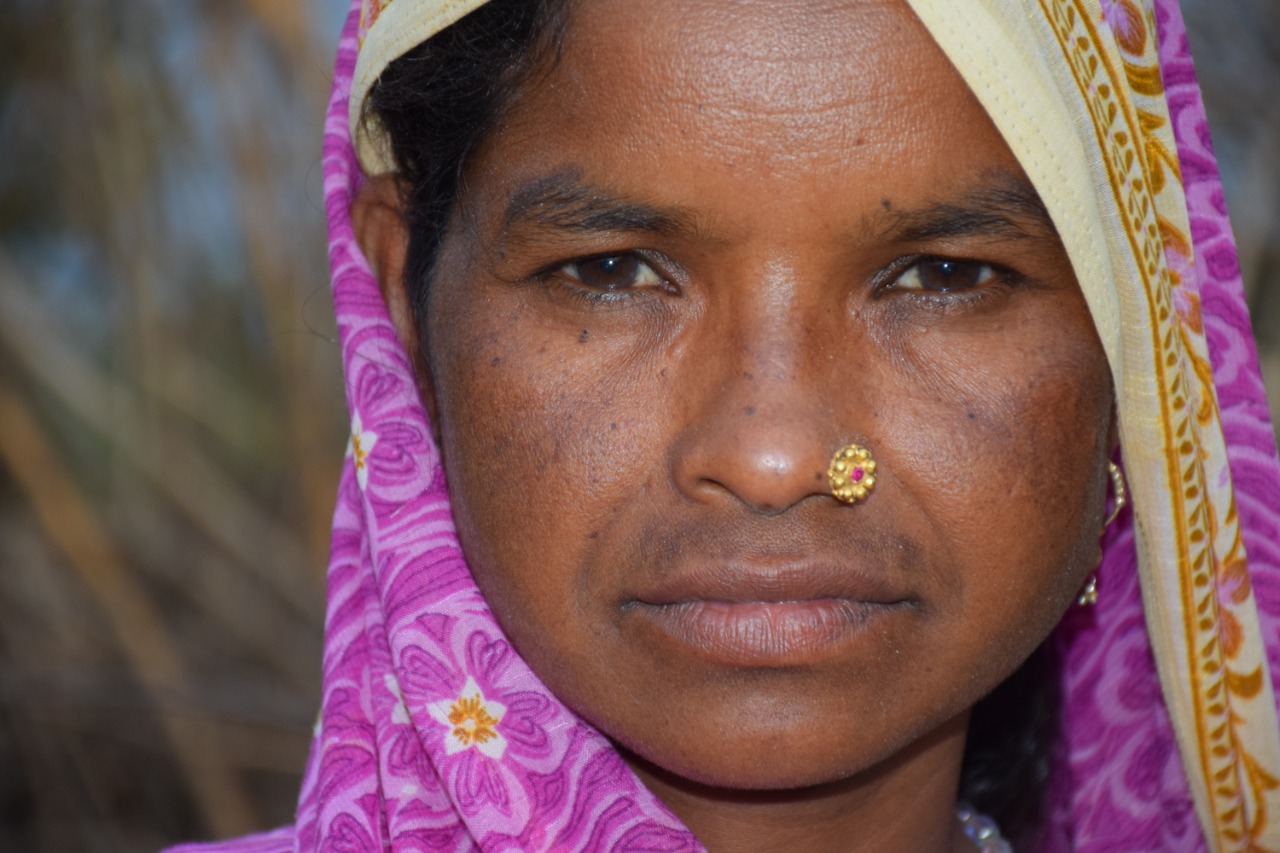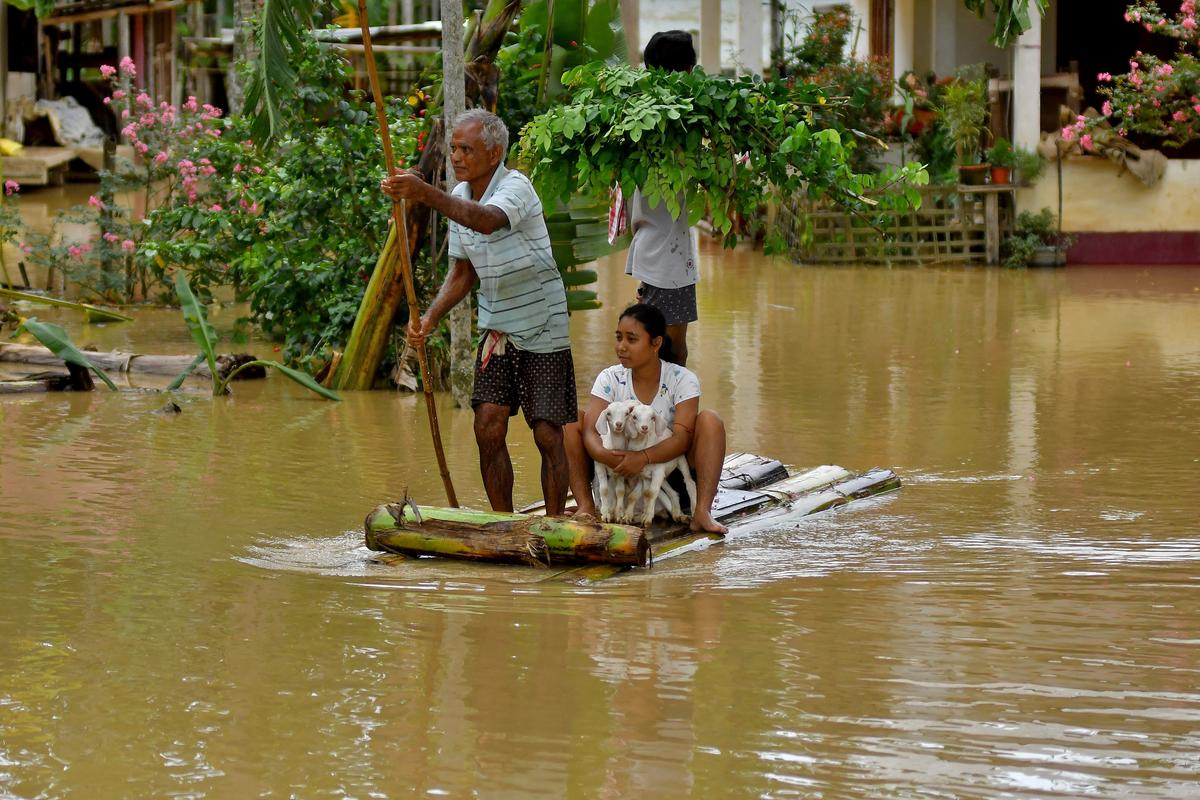CASA BLOGS

Importance of Menstrual Health and Women’s Empowerment NGO
Women encounter significant difficulties on a daily basis in India and throughout the world. These involve both social and financial difficulties. Women are expected to uphold certain norms wholeheartedly and without conditions. However, women’s health and the support systems in place for them represent yet another significant area of concern. For instance, maintaining a healthy lifestyle depends on women’s menstrual health. Women’s empowerment ngo deal with a variety of health issues and frequently disregard them for a variety of reasons, including societal stigmas, financial constraints, or because they prioritise other things before their own health. But the majority of people choose to disregard this.
Major challenges to women’s menstrual health
Women confront difficulties on many different levels. First of all, it can be difficult to transact while obtaining sanitary items like underwear. Another issue is the lack of private, sanitary, and secure areas for women to take care of their menstrual health, including separate restrooms with doors that shut. Water, restrooms, and menstrual product disposal all provide challenges to women’s menstrual health. The availability of WASH (water, sanitation, and hygiene) services is a problem, particularly in public areas like hospitals, workplaces, and schools. Additionally, many rural women might not have access to a toilet at home. The third factor is the mindset and society that teach both men and women that menstruation should be kept private. Furthermore, neither men nor women place much emphasis on the dignity or health of women.
Social taboos and economic consequences
Menstruating women encounter difficulties that are strongly ingrained in societal norms and go beyond the accessibility of infrastructure. Menstruating women are viewed as being unclean, unholy, and impure. Furthermore, there is a pervasive culture of silence surrounding the subject because of the taboos and stigmas associated with menstruation. As a result, little knowledge about menstruation and menstrual hygiene is shared in popular culture. Millions of Indian women’s daily lives are impacted by this. Disregard for menstruation hygiene contributes to women and girls’ general poorer status.
Their inability to control their menstrual hygiene in class has a negative impact on attendance. Both their life and the future of the nation are severely affected financially by this. Many girls avoid using the restrooms in public places. Many people are unable to access sanitation when they need it due to a scarcity of toilets. According to statistics, just 12% of the 350 million people between the ages of 12 and 45 who are female have access to sanitary towels and because of a women’s empowerment NGO.
Environmental impact
The percentage of Indian women who use sanitary pads is under 18%. 58 million sanitary pads are thrown away annually in metropolitan India, despite the fact that this low percentage leaves cities suffocating in non-biodegradable menstrual waste. Reusable cotton pads are being distributed in rural regions by women’s empowerment ngo like Goonj, which recycles unwanted and abandoned clothing. Menstrual hygiene, however, is more than just a matter of public health because it has complicated socio-economic repercussions for women.
Impact on girls’ education
Once they reach adolescence, many girls stop attending school because there aren’t enough clean restrooms in the buildings. It’s important to manage menstruation health now. Girls are compelled to stay at home in the absence of adequate facilities, and due to socioeconomic problems, they frequently find it impossible to return even as they get older.
Role of the government
With about 280 million menstruation women in India, the government’s role in providing healthcare has grown crucial. Under the Menstrual Hygiene Management Program of the National Health Mission, the Ministry of Health and Family Welfare introduced the “Menstrual Hygiene Scheme.” This aims to improve disposal options, access to sanitary napkins, and awareness of their use. This plan, however, has not proven effective. The plan called for the government to distribute sanitary napkins to 107 districts and for self-help organisations to manufacture and market them in another 45 for less than $8 per pack. The supply chain was destroyed as a result of the erratic and ineffective supplies. Additionally, there was no effective method for disposing of pads.
Reproductive and sexual health
In India, most households do not prioritise women’s reproductive and sexual health, as well as their sexual preferences. When it comes to these issues, including menstruation hygiene, women lack the agency to make wise decisions. Making an informed decision requires girls and women to have complete knowledge of the many menstrual hygiene options (including their pros and cons, hygienic use, and disposal). Additionally, women should be able to choose a product based on their needs and financial situation.
Why is it important for women to understand the effects of menstruation health?
An individual woman’s menstrual health affects not only her own health but also the health of her family and community. Despite this, menstruation hygiene is currently one of the most difficult problems in underdeveloped countries. Menstruation-related societal shame and restrictions may eventually limit females’ access to education, mobility, and freedom. As a result, MHM needs to be introduced to them by women’s empowerment ngo at an early age so that they can continue to live regular lives.
When it comes to menstruation and menstrual hygiene, mothers are typically daughters’ primary sources of information. But since they lack knowledge and education, they are unable to provide their daughters with accurate information on menstrual health.
 Previous Blog Post Addressing women on domestic violence
Previous Blog Post Addressing women on domestic violenceFeatured Post

Mental Health Awareness in India: Addressing Key Challenges
8 Nov 2024
Mental health awareness is crucial in India, where millions silently struggle with mental health disorders, including depression, anxiety, and bipolar disorder. Despite growing recognition, India faces unique challenges in effectively addressing mental health issues. The stigma associated with mental illness remains a primary barrier. In Indian society, mental health issues are often misunderstood, leading to […]

Ensuring Girls’ Safety in India: A Path Toward Empowerment
20 Aug 2024
Girls’ safety in India remains a critical issue that has garnered increasing attention over the years. Despite various reforms and efforts from both government and civil society, challenges persist. From street harassment to domestic violence, gender-based discrimination continues to limit the freedom and safety of girls. While significant progress has been made in addressing these […]

The Connection Between Monsoons and Floods in India: An In-Depth Analysis
9 Jul 2024
India, a land of diverse climates and geographical features, relies heavily on the monsoon season for its agricultural and water resources. However, with the benefits of the monsoon rains come significant challenges, particularly in the form of floods. This blog explores the intricate relationship between the monsoon season and flooding in India, providing detailed insights […]




Leave a Reply
You must be logged in to post a comment.